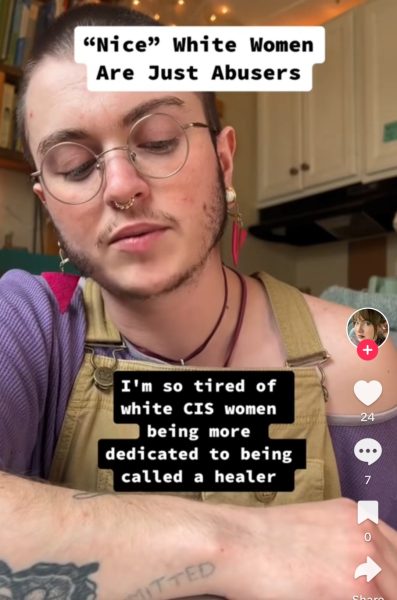Dare to have an Opinion
Diversity: an often misunderstood problem of the FHC student body. A common claim between students holds that FHC is the opposite of diverse due to the lack of racial diversity, but the problem is rooted much deeper. A superfluity of students raised in different backgrounds with quite variant opinions live among us, but they are merely never heard from. The perceived lack of diversity at our school does not branch from ethnic sources, but rather from lack of meaningful conversation. In order to reshape school diversity, students must first start to talk.
Everybody has something to talk about. A whole slew of problems and important questions face our generation, and in the school, people stand very differently on them. For instance, pro and anti-abortionists learn under the same roof at FHC, but they go unaware of each other. Students of mixed religions exist as well, but hardly any of them talk about their faith to others who do not share it. If these discussions were taking place, new perspectives would be established.
All people have a viewpoint of things they are aware of. This perspective is their own, but scarcely does one realize how others see the world, and they are focused only on their own view and life. If one were to briefly break the monotony of daily life at school and start a conversation about religion with a student holding a different view, perspectives for both learners would be widened. The problem lies in that these exchanges barely take place. Not just individuals, but the entire school body could benefit from broadened perspectives.
School unity is a popular theme at FHC, but an often misconceived one. Students need not to become the same in order to achieve it. Rather, a group of individuals who exhibit an array of opinions and acknowledge each others may best achieve the long sought after “school unity” quested for by administration and class leaders. Discussion pushes students to actively learn about each other and accept other viewpoints. No group will ever be the same, united as one, but rather than ignoring this, we can learn about each other, and experience other humans. This is how truly achievable unity comes about.
To combat FHC’s diversity crisis, get to know another classmate. As terrifyingly intimidating as it may be to talk about issues you strongly stand for on the inside, try to move your ideas to the outside, and participate in debates with fellow learners. Let’s get to know each other better, and expose ourselves to others that may oppose us politically or ideologically because of our opinions. As unattractive as it may sound, that is how true diversity is achieved. Start today. Turn to the person you occasionally talk to in 3rd hour. Sporadically start a conversation about Catholicism, or your opinions on police brutality. Go out and discuss. Going into the real world you’ll have a real voice, and high school is a more than ideal place to start exercising it.

Jake Standerfer is joining the Central Trend for his third year on the staff as an Editor in Chief. He was one of the first people to join the staff after...
























































































